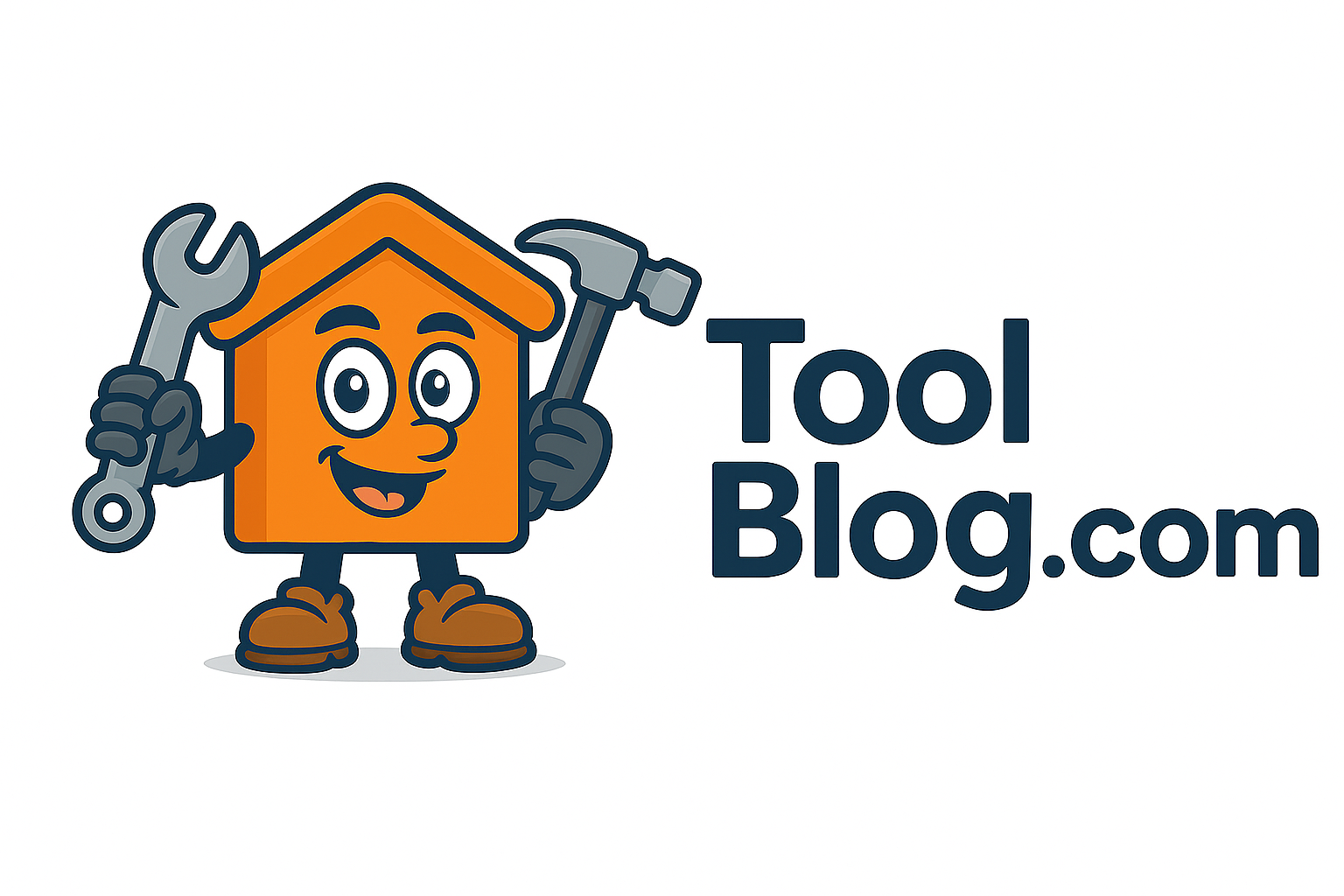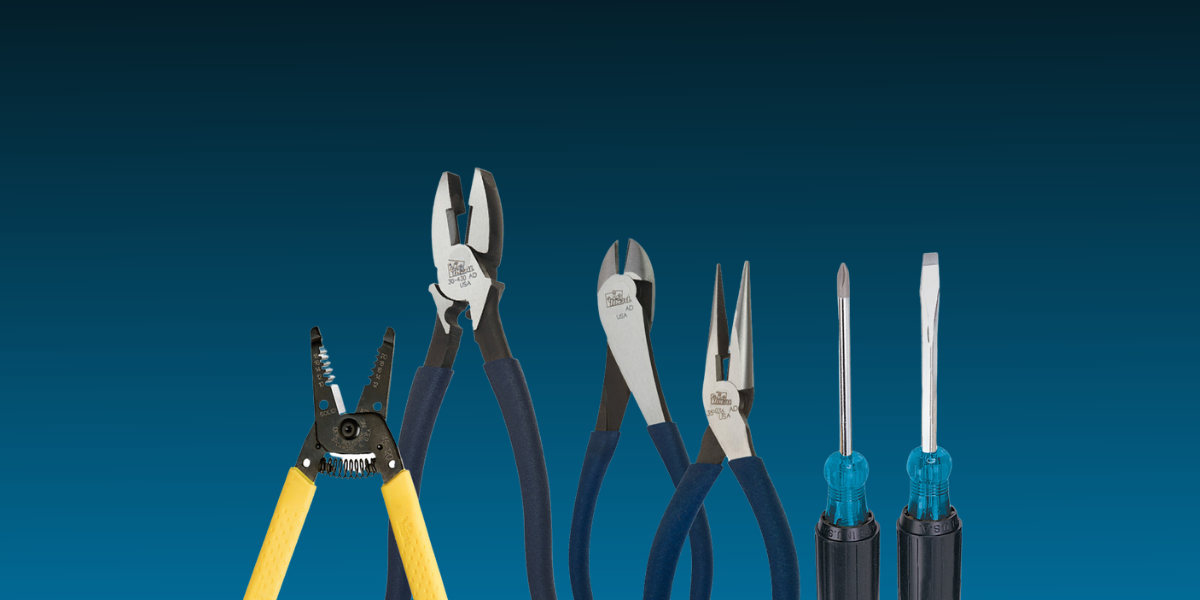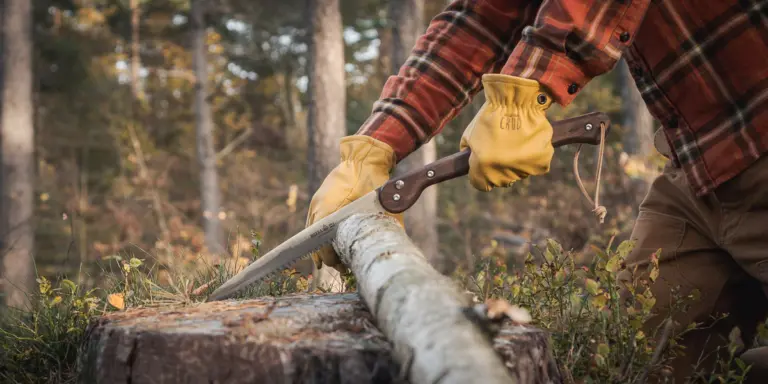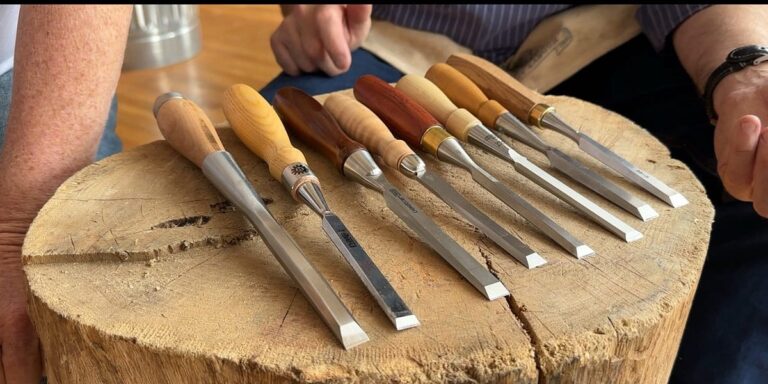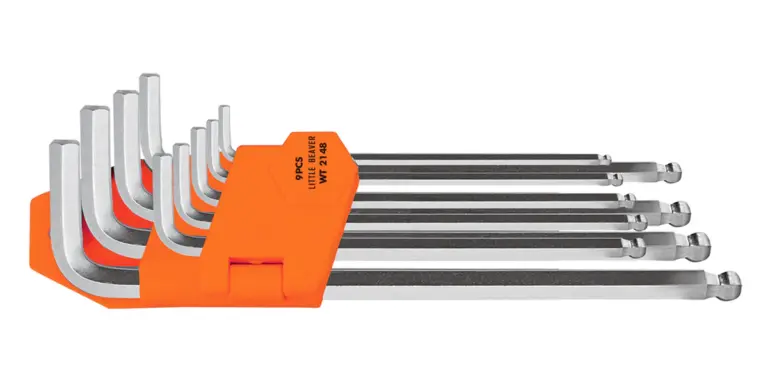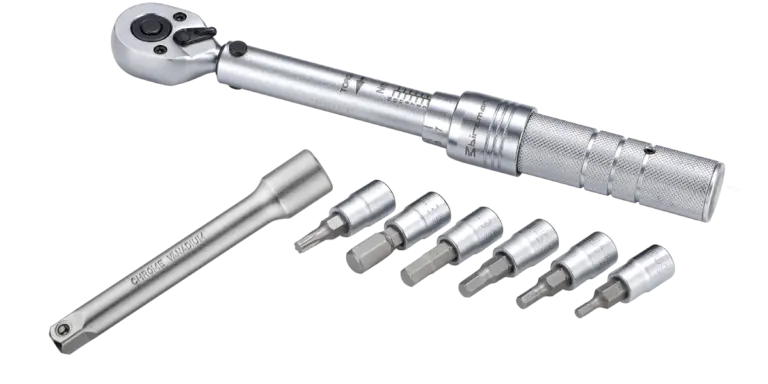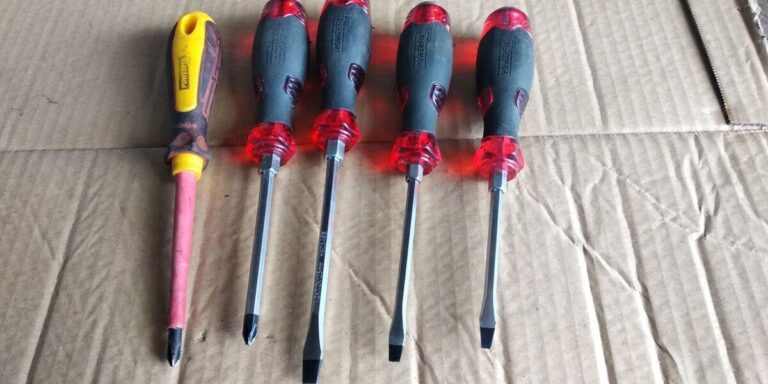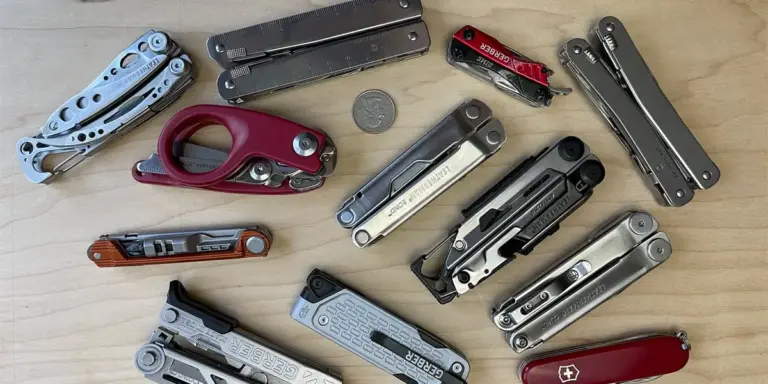Essential Hand Tools for Every DIYer
Building out a DIY toolkit can be one of the most satisfying parts of getting serious about hands-on projects. Whether I’m assembling furniture, fixing a leak, hanging shelves, or starting a full-blown home renovation, the right tools make the difference between smooth progress and utter frustration. Over the years, I’ve learned that having a reliable, well-rounded set of essential hand tools can save time, reduce errors, and give every project a professional finish.
This guide is built around the core principle that simplicity and versatility are key. You don’t need a mountain of gear to get started—just the right selection of dependable tools that can handle a wide range of tasks. If you’re looking to invest in the most practical and effective tools for your workspace, this list of essential hand tools for every DIYer will give you a strong foundation to build on.
Let’s break it down piece by piece so you can assemble a kit that’s ready for anything.
Claw Hammer
One of the most familiar and used tools in my kit is the claw hammer. It’s the workhorse of home improvement. From driving nails into lumber to pulling out bent fasteners and prying boards apart, a solid claw hammer is irreplaceable. I prefer a 16-ounce model for general use—it has enough heft to be effective but still offers control for precision work.
Make sure you choose one with a comfortable grip and a head that’s securely fastened to the handle. A hammer with anti-vibration features can be a blessing during long jobs.
For every DIYer out there, a claw hammer is non-negotiable. It’s one of the most essential hand tools for every DIYer, no matter the skill level.
Screwdriver Set
You’d be surprised how often screwdrivers come into play. I use mine for furniture assembly, outlet cover installation, small repairs, and even prying or scraping tasks. A good set should include both flathead and Phillips head screwdrivers in multiple sizes.
I also keep a multi-bit screwdriver on hand for convenience. It saves space and makes it easy to switch tips quickly, especially when I’m working on something with a mix of screws.
These tools are indispensable, and when it comes to essential hand tools for every DIYer, screwdrivers sit high on the list for their sheer versatility.
Tape Measure
Accurate measurements are critical. I’ve made the mistake of eyeballing cuts or guessing lengths—it almost always leads to wasted materials or extra trips to the hardware store. A 25-foot tape measure with a sturdy blade and easy-lock mechanism is what I rely on most.
Look for one with a standout of at least seven feet and bold, easy-to-read markings. I prefer models with a magnetic hook on the end, which comes in handy when I’m measuring solo on metal surfaces.
If you’re doing anything from picture hanging to woodworking, a tape measure is among the most essential hand tools for every DIYer.
Utility Knife
I use my utility knife constantly—for cutting boxes, trimming materials, shaving wood, or scoring drywall. It’s one of those tools that seems minor until you don’t have it. Then every small cutting task becomes a chore.
Choose a retractable model with a comfortable grip and easy blade change mechanism. I also keep extra blades nearby because a sharp knife is a safe knife.
It’s a simple but powerful part of my toolkit and earns its place on the list of essential hand tools for every DIYer.
Adjustable Wrench
Plumbing, furniture tightening, bolt removal—my adjustable wrench has seen it all. While fixed-size wrenches are great, having one or two high-quality adjustable models (8-inch and 12-inch) lets me handle a wide range of nut and bolt sizes without carrying a whole set.
I always make sure the adjustment screw turns smoothly and the jaws stay tight under pressure. Poor-quality wrenches slip or round fasteners, which can ruin a job quickly.
For home repairs and mechanical work alike, an adjustable wrench is one of the most practical and essential hand tools for every DIYer.
Pliers (Slip-Joint, Needle-Nose, and Groove-Joint)
Pliers come in different styles for a reason, and I like having at least three kinds within reach. Slip-joint pliers handle basic gripping and turning tasks. Needle-nose pliers are perfect for reaching into tight spaces and handling small parts like wires or nails. Groove-joint pliers (like channel locks) are ideal for plumbing work and larger grip tasks.
Each type has helped me at critical moments, whether I was loosening a stubborn drain nut or pulling out a broken nail.
No matter the task, pliers are a must in any collection of essential hand tools for every DIYer.
Level
It might seem like a luxury until you hang a shelf or frame and realize it’s leaning. A level ensures everything from tiles to curtain rods to deck boards are installed correctly.
I recommend starting with a 24-inch model for general tasks, along with a small torpedo level for tighter spaces. Many digital and laser levels are now available, but a good spirit level still gets the job done for most DIYers.
Accurate alignment is essential, and that’s why a level belongs among the essential hand tools for every DIYer.
Hex Key Set (Allen Wrenches)
These little tools are lifesavers for putting together furniture, bikes, and flat-pack products. I prefer a full set of both metric and SAE sizes, and I usually go with a folding design to keep them organized.
I can’t count how many times a hex key has saved me when tightening screws on chairs, tables, or appliances. Some of the higher-end sets also come with ball ends for better access in tight spaces.
They’re not flashy, but they’re absolutely one of the essential hand tools for every DIYer, especially in an era of ready-to-assemble furniture.
Handsaw
While I love my power tools, a sharp handsaw still has its place—especially for quick cuts or when I’m working somewhere without access to electricity. I use mine for trimming boards, cutting PVC, or breaking down rough stock.
Choose a universal handsaw or one specifically made for the materials you handle most (wood, metal, or plastic). Comfort and sharpness are key, and many newer models feature induction-hardened teeth for longer life.
For simple jobs that don’t require firing up a circular saw, this is one of the most essential hand tools for every DIYer to keep nearby.
Tool Bag or Toolbox
All these tools are only useful if you can find them. A well-organized tool bag or toolbox keeps everything in one place and ready for action. I personally use a soft-sided tool bag with plenty of internal and external pockets. It’s easier to carry around and allows me to see what I have at a glance.
Look for something sturdy with reinforced stitching and a solid base. Whether you’re working in the garage or heading out for a job, organizing your tools will make every project run more smoothly.
And yes, a tool bag definitely counts among the essential hand tools for every DIYer—it holds the whole kit together.
Bonus Tools That Add Big Value
Once the core kit is in place, there are a few other tools I’ve added over time that have made a huge impact:
Stud Finder
Helps locate framing behind drywall for safe, secure hanging. Especially useful for mounting TVs, cabinets, or shelves.
Chalk Line
Gives me straight reference marks across long surfaces—perfect for flooring or siding projects.
Wire Cutters
Great for electrical work and even cutting zip ties, picture wire, and fencing.
Awl or Scratch Awl
Useful for marking drill points or starting holes in wood without a drill.
These aren’t always top-of-mind, but once I started using them, I realized how much time and frustration they save.
Final Thoughts
Building a toolkit isn’t about having every gadget—it’s about choosing the tools that will actually help you get the job done right. The list above covers the most essential hand tools for every DIYer and offers a strong foundation for handling everything from small fixes to major projects. Each tool I’ve listed has earned its spot through real-world use and countless hours on the job.
If you’re just getting started, begin with the basics and grow your collection over time. You’ll find that the right tools make you more confident, more efficient, and a lot more willing to take on those projects you might have avoided before. And if you’ve been doing this for a while, it never hurts to revisit the essentials—you might realize you’ve been missing a game-changing tool all along.
DIY success doesn’t come from fancy gear or complicated techniques. It comes from having the right tools, using them well, and trusting your hands to do the work.
